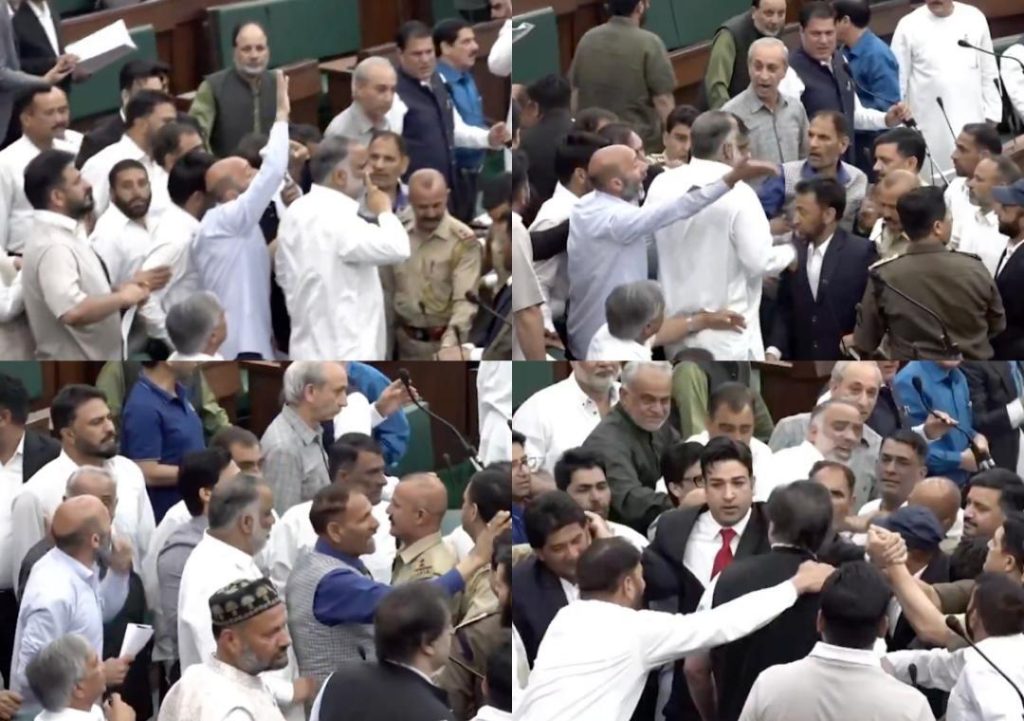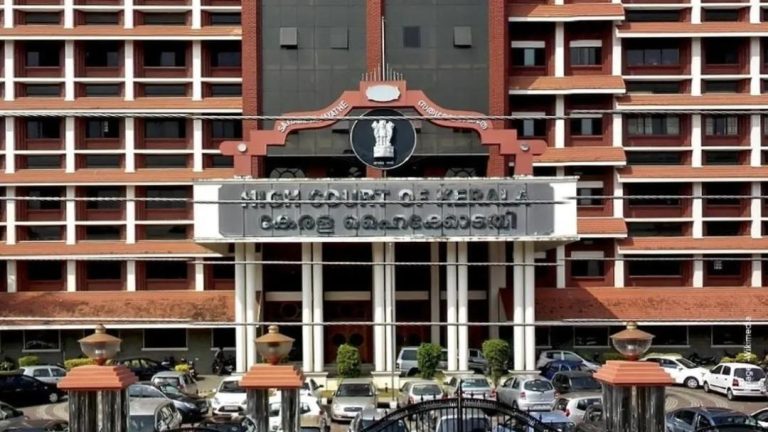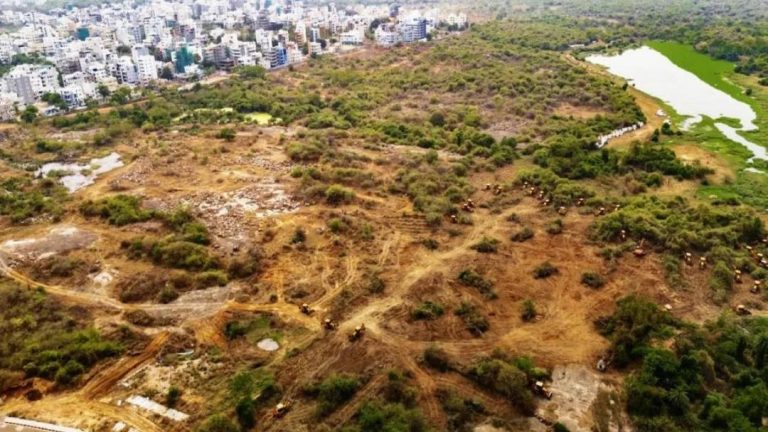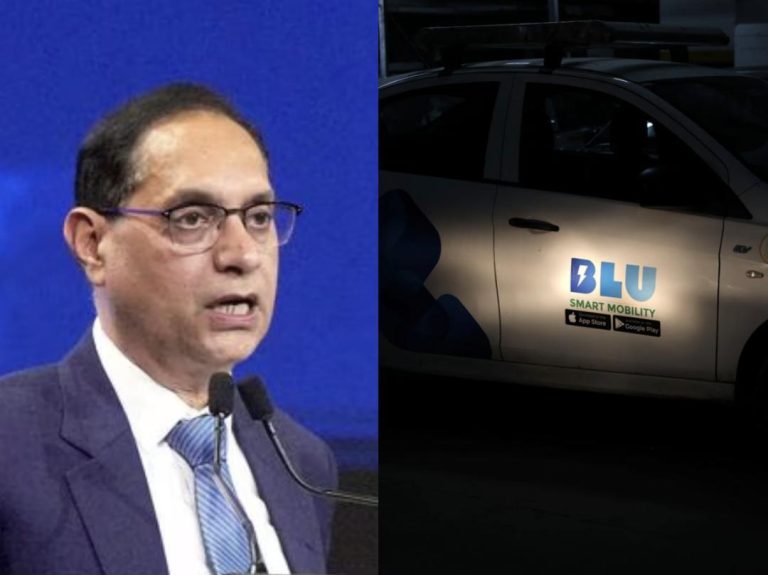
Ruckus inside J&K Assembly continues for second day over Waqf Act
The Jammu and Kashmir Assembly witnessed a ruckus for the second consecutive day on Tuesday, with opposition parties demanding a discussion on the Waqf Act. The Assembly was adjourned for 30 minutes after Speaker Abdul Rahim Rather denied a motion moved by National Conference (NC) MLAs to adjourn Question Hour to discuss the Waqf Act.
On Monday, the Assembly was adjourned after Speaker Rather refused to allow the discussion on the Waqf Act, citing that it was not a matter of urgent importance. However, the opposition parties, including the NC, Peoples Democratic Party (PDP), and Congress, were adamant that the issue required immediate attention.
On Tuesday, the opposition parties once again raised the issue of the Waqf Act, accusing the government of attempting to alter the character of the Waqf properties in the state. The NC MLAs, led by party leader Omar Abdullah, moved a motion to adjourn the Question Hour to discuss the Waqf Act, but Speaker Rather refused to allow it.
The Speaker’s refusal to allow the discussion sparked a heated debate in the Assembly, with the opposition parties accusing him of being biased and trying to suppress the truth. The NC MLAs, in particular, were vocal in their criticism of the Speaker, accusing him of being a puppet of the ruling party.
The Waqf Act, which was passed by the Jammu and Kashmir Assembly in 2019, has been a contentious issue in the state. The Act allows the government to take control of Waqf properties, including mosques, imambaras, and other religious institutions, and to use them for “public welfare” purposes.
Opposition parties have accused the government of using the Act to grab Waqf properties and to undermine the religious and cultural identity of the Kashmiri people. They have also accused the government of attempting to change the character of the Waqf properties, which they claim is a violation of the fundamental rights of the people.
The government, on the other hand, has defended the Act, claiming that it was necessary to ensure the proper management and maintenance of Waqf properties. The government has also accused the opposition parties of playing politics over the issue and trying to create communal tensions in the state.
The ruckus in the Assembly on Tuesday was a reflection of the deep-seated divisions in the state over the Waqf Act. The issue has the potential to create a major crisis in the state, and it remains to be seen how the government and the opposition parties will resolve it.
In the meantime, the Assembly was adjourned for 30 minutes to allow the Speaker to consult with the leaders of the opposition parties. However, it is unclear whether the issue will be resolved through discussion or if it will continue to be a source of tension in the Assembly.
The Waqf Act is not the only issue that has been causing tension in the Assembly. The government’s handling of the ongoing COVID-19 pandemic and the economic crisis in the state has also been a source of controversy.
In recent weeks, the Assembly has seen frequent adjournments over issues such as the Waqf Act, the COVID-19 pandemic, and the economic crisis. The Assembly was adjourned for the second time in a week on Monday, after the opposition parties demanded a discussion on the Waqf Act.
The ongoing ruckus in the Assembly is a reflection of the deep-seated divisions in the state over various issues. The government and the opposition parties will need to work together to resolve these issues and to ensure that the Assembly can function smoothly.
The Assembly’s inability to function smoothly is not only a reflection of the deep-seated divisions in the state but also a reflection of the larger political crisis in the state. The state has been facing a political crisis since the August 5, 2019, decision of the government to revoke Article 370 of the Constitution, which granted special status to the state.
The revocation of Article 370 has led to widespread protests and unrest in the state, and the government has been facing opposition from various quarters. The government’s handling of the situation has been widely criticized, and the Assembly’s inability to function smoothly is a reflection of the deeper political and social issues in the state.
In conclusion, the ruckus in the Jammu and Kashmir Assembly over the Waqf Act is a reflection of the deep-seated divisions in the state over various issues. The government and the opposition parties will need to work together to resolve these issues and to ensure that the Assembly can function smoothly.
The ongoing crisis in the state is not only a reflection of the deep-seated divisions in the state but also a reflection of the larger political crisis in the country. The government’s handling of the situation has been widely criticized, and it remains to be seen how the government will resolve the crisis.






